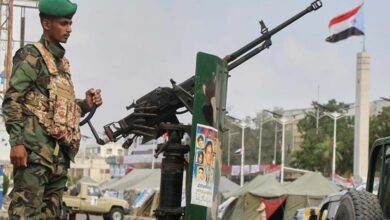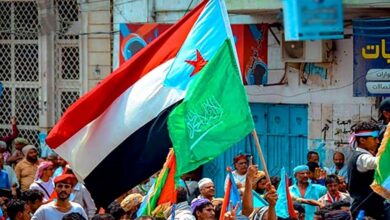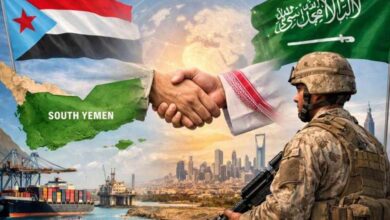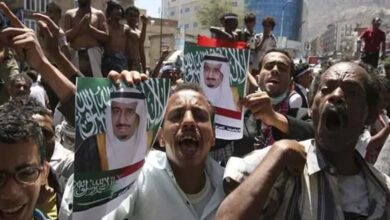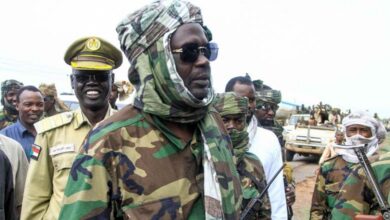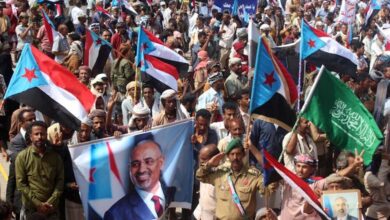Maliṭ: The Bombing That Exposed the Core of the Islamist Project
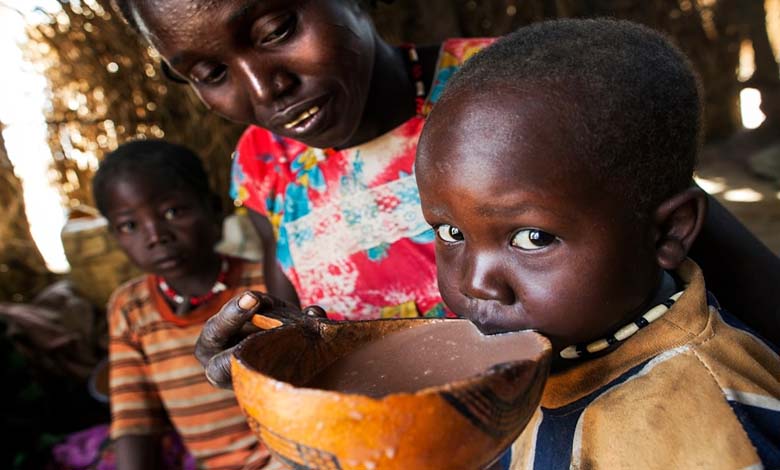
The airstrike on a humanitarian aid convoy in Maliṭ is not a mere footnote in Sudan’s war. It represents a pivotal moment that lays bare the true nature of the Islamist movement’s long-standing project: one built on bloodshed, the starvation of civilians, and the systematic sabotage of any attempt to establish a modern democratic state.
-
World Food Program Hampered by Obstacles in Combating Hunger in Sudan
-
After 500 Days of War… A Major Health and Food Crisis Facing Sudan
Civilians as a declared target
The convoy, carrying food and medicine, posed no military threat. Targeting it reveals that, for the Islamist movement, civilians have become the primary enemy. The lives of innocents are thus reduced to bargaining chips in a conflict that disregards ethical or humanitarian boundaries.
The strategy of hunger and bombardment
This incident falls within a broader strategy: hunger as a weapon of war. By blocking or bombing aid deliveries, the Islamist movement seeks to crush the will of local communities and weaken revolutionary momentum. It knows that a resilient and supported society is a direct threat to its effort to perpetuate authoritarianism.
-
The Sudan crisis: Battles threaten “World’s Food Basket,” 19 million students out of school
-
Millions of Sudanese face the specter of famine and food insecurity
The political dimension
The targeting of aid in Maliṭ demonstrates that the movement is not merely fighting a military rival but waging war against the entire revolutionary and democratic process. A successful democratic transition would spell the definitive end of its project. This is why it resorts to extreme violence to derail that path. The bombing is therefore less a military act than a political message: “We will not allow the revolution to succeed.”
Internal and external repercussions
- Domestically, this crime fuels public outrage and deepens the Islamist movement’s isolation, even among groups that were previously neutral or undecided.
- Internationally, the attack confronts the movement with international law, opening the door to war crimes charges that could accelerate its diplomatic isolation and cut off its support networks.
-
The Food War… Sudanese Face Conflict and Hunger
-
Without food or education… The specter of death haunts Sudanese children as the intensity of the war escalates
What Maliṭ reveals about the future
A close analysis of the event leads to a clear conclusion: the Islamist movement is betting on prolonging the conflict by targeting civilians and humanitarian aid. Yet in doing so, it digs the grave of its own project. Each attack on a relief convoy strengthens its isolation and provides further proof that revolution is not a choice but an existential necessity for the Sudanese people.
What happened in Maliṭ is not an isolated incident but a defining moment confirming that the Islamist movement continues to treat blood as a tool of power and hunger as an instrument of control. Still, this strategy, however brutal, exposes its true nature to both the people and the world, reinforcing the conviction among revolutionaries that defending the revolution and the democratic project is no longer merely political, but a matter of life and death.


